| EDITORIAL NOTE October 13, 2024 is the 20th anniversary of Vietnam Entrepreneurs Day. The past 20 years are enough time for the private business sector to rise up and become a young man, full of desire and energy to contribute more to the prosperity of the country. From being stigmatized as an exploitative class in the past, entrepreneurs have officially had a day to honor like many other professions. Most entrepreneurs today started with nothing when they started their business and now they have become bosses, creating wealth for society and creating the most jobs for the community. However, that spirit has declined in recent years, due to the lockdowns caused by the Covid-19 pandemic, and the state of "fear of mistakes and fear of responsibility" of the apparatus. The entrepreneurial spirit needs to be revived, the desire to get rich needs to be spread, and fear needs to be ended. Above all, over the past decades, Vietnamese entrepreneurs have always demonstrated adaptability, flexibility, and resilience to become an important force in the economy. They are certainly the pillars in the country's progress towards achieving its 2045 prosperity goal. On October 13, VietNamNet publishes a series of articles to encourage entrepreneurial spirit and share with entrepreneurs the current difficulties and barriers to move towards the "Era of national growth" quickly and sustainably. |
Vietnam Weekly introduces the first part of a conversation with Mr. Tran Si Chuong, an economic expert with nearly 3 decades of experience in the private business sector, about entrepreneurship in Vietnam.
How do you view the development of the private economic sector in Vietnam over the past years?
Mr. Tran Si Chuong : When I first returned to Vietnam in 1997, I worked with American Professor James Riedel from Johns Hopkins University to research and write the first report for the World Bank on the private economic sector in Vietnam.
One of the main objectives of the report was to find out whether Vietnamese people have an entrepreneurial spirit or not. We conducted surveys in many localities. After only about 2 weeks, we found it strange that Vietnamese people everywhere talked about business and making money.
Once, when going to Can Tho by ferry, a foreign member of the group ordered cold beer but the ferry ran away while the vendor, a girl, was going to get ice. But when the ferry docked, the girl somehow brought cold beer. The foreign researcher was startled and said, with this kind of business spirit, this country will develop.
Mr. Tran Si Chuong: The entrepreneurial spirit of Vietnamese people used to develop very strongly. Photo: VietNamNet
More than 20 years ago, I helped many young entrepreneurs start their own businesses. Most of them were penniless, with the most they had was a few hundred million VND as capital to import raw materials for production. But now, many of them have assets worth tens of millions of dollars. And the number of people with assets worth tens of millions of dollars is now very large.
There are many female entrepreneurs in their sixties who are now tycoons in the pharmaceutical and garment industries. Those people used to have to ride bicycles into remote areas to sell shirts and pills, something that today's young generation can hardly imagine.
The entrepreneurial spirit of the Vietnamese people has developed very strongly. In such a situation, in absolute terms, the private business sector has developed significantly, but in relative terms, it should have developed much more.
Yet, at present, the entrepreneurial spirit has gone down a lot, it seems to be at rock bottom. According to a recent survey by VCCI, only 27% of businesses said they would expand production and business in 2024 and 2025, lower than the bottom in 2012-2013. Do you see this in practice?
Businessmen are very perceptive, they are the ones who read the economic risks best…
It is true that the situation has become very difficult in recent years. Internationally, many economic and political axes have been shaken, such as the Russia-Ukraine war, conflicts in the Middle East, etc., with no end in sight. The global value chain has been disrupted, globalization has been cracked, inflation has been high, and high interest rates have been prolonged.
Domestically, Vietnamese businesses have always had to bear very high interest rates and face many business barriers. In addition to the difficulties caused by the Covid-19 pandemic, there is now a stagnant state of the apparatus. Yet, businessmen are still busy doing business. It must be admitted that the resilience of Vietnamese businesses is truly strange.
The total assets of the 12 largest private corporations in Vietnam are estimated at about 70 billion dollars. What do you think about this number?
This figure of 70 billion dollars is only equal to the assets of a foreign corporation. Consider that Elon Musk’s assets alone are twice the GDP of Vietnam. That said, Vietnamese private enterprises are still “poor” compared to the world.
On the other hand, I think Vietnam now has about 20 billionaires, they just don't announce it. Having millions and billions of dollars is now a common thing because in the digital economy era, there will be financial billionaires and these people can become rich overnight. If there are more billionaires, it is not surprising in the AI era. But the story is, some people will get rich quickly, but is the country strong?
I repeat, in absolute terms, the private economic sector's development is remarkable, but in relative terms it should have developed even more.
Prime Minister Pham Minh Chinh talks with representatives of private corporations. Photo: VGP
Land story
Frozen real estate is a big problem for the economy. Many businesses sell houses to people without legal documents, so people's assets are frozen, businesses are at risk, and banks are also involved. How do you think this problem should be handled?
It is not only their fault that businesses that do not have the legal status can still build houses and sell them to people. The State is responsible for this. People have already moved into those houses, how can they be forced to move out? I think the State needs to legalize this situation somehow because it has to be resolved for the people anyway. It is much better to resolve it now than 10-20 years later. This backlog needs to be resolved as soon as possible to clear the deadlock.
Another issue is that the Land Law is an important law, so it must have a philosophy in the sense of having an optimal solution that benefits everyone involved, ensuring the rights of people whose land is recovered but also encouraging investors. The rights of all parties must be guaranteed fairly so that the market can develop smoothly and harmoniously. As for those who break the law, there must be quick sanctions for them to create fairness and trust in society.
Access to land is also a very difficult issue for businesses, especially when land prices are determined according to market prices, according to the new Land Law. How do you view this?
To clear land, investors need to prove that if people move to another place, that place must have a higher or equivalent value. The important thing is to try not to touch the budget because it is very complicated. Even for public projects, the State needs to limit the use of the budget to the maximum to mobilize capital from the private sector. Unfortunately, there is a PPP Law but private enterprises do not feel comfortable or attractive to participate. This is the problem.
Regarding high land prices, I think the market will adjust. For example, now on Dong Khoi Street, District 1, Ho Chi Minh City, people keep asking to sell for 1.5 billion VND/m2 with the reason that a few years ago the land price was 1 billion VND/m2, it cannot be sold lower. They keep asking for that price to sell but who will buy? Therefore, the market will adjust itself.
VinUni University Complex, housing belonging to Vingroup Corporation, Gia Lam, Hanoi. Photo: Hoang Ha
Trust is social capital
The number of bankruptcies is increasing, but there are also many businesses that have survived after a very painful restructuring process. What do you think about this situation?
Restructuring is changing the operating model. First, businesses must sell off areas that do not generate money to reduce the cost burden and have fresh money because we do not know how long this crisis will last. Most fundamentally, businesses need to have the lowest cash flow and costs.
Second, think long term. Many businesses still do not have a long-term vision for sustainable development. “Sustainable development” is talked about a lot, but what to do to develop sustainably is rarely paid attention to. Sustainable development is about discipline and governance.
Many businesses grow thanks to management, not administration. Many entrepreneurs take risks, do business very well, and are quick to seize opportunities, but that is management, not administration. They see that the business is good, so they think that they have good administration.
There is a businessman I have known since he had 20 employees. Now he has more than 200 employees. I asked him how the system is now. He answered roughly, he still knows every step, knows everything, nothing can get past him.
I don't think so, I think that person just manages haphazardly, haphazardly, and how can he know everything in the business? Anyone who is good at business thinks he is a great strategist because he can grasp market trends, buy low and sell high, but that is not strategy, it is not management.
Therefore, good governance and strategic orientation are needed, especially in this era of rapidly changing AI.
InterContinental Danang Sun Peninsula Resort of Sungroup in Da Nang. Photo: VietNamNet
The story you told is very interesting today because now almost the second generation of Vietnamese business families are starting to become managers. There are many cases of failure because the business has grown big but they are still managed according to the family model. What advice do you have?
It is true that the generation of successful entrepreneurs after Doi Moi is facing this problem, although it is not strange to the world.
Many big names in the world have developed from family businesses, but they have good management systems and management cultures. Therefore, their grandchildren still have money and even when they retire, they still have money because the company has a management system that does not depend on any individual in the family.
For example, the Rockefeller family is in its 8th generation but they are still rich, owning countless billions of dollars even though they only own 5% now. They have people sitting on the board of directors and have a team of advisors who are lawyers, economists, financial experts... They do not train a child in the family to do all of that because how can one person have all of that ability.
But Vietnamese people usually do everything. It is in the blood of Vietnamese people to not trust anyone. Everyone thinks, my assets are mine to manage, how can I hand over assets to an outside system. Thinking like that will definitely fail.
Because first, the probability of training a child to inherit your job is 0 because even if the child is very good, obedient, and studied abroad, how can he run this system in Vietnam? His father did things that the child could not do because it is very different here.
I know some families who sent their sons, especially the eldest, to study in the US and then forced them to become CEOs, and the business went into decline within 1 or 2 years. Therefore, the previous generation of entrepreneurs should think that businesses must operate through management and systems. Of course, there are capable children who can still become CEOs, but their authority must be limited.
McKinsey research shows that the probability of a company being successfully managed by the first generation to the second generation is 30%; from the second to the third generation is 10%. Therefore, the probability of success from the first to the third generation is only 3%. If the model is that the company must be passed down from generation to generation, the risk of the grandchildren selling lottery tickets on the street is high.
Of course, the above model does not work in Vietnam because many entrepreneurs “go to hell”. I feel sorry and sad because businesses are assets of society, they create jobs for many people.
This is also the answer to why domestic enterprises have not grown. Domestic enterprises should increase their opportunities to cooperate with FDI enterprises better. If FDI enterprises come here and see that there are large enterprises with good management systems, then they will dare to do business with us.
Furthermore, domestic enterprises do not have a management system according to international standards, so cooperation between the FDI sector and domestic enterprises is just processing.
| Mr. Tran Si Chuong is currently a consultant on business development and management strategy, Sr. Partner of 3 Horizons Strategy Consulting Company (UK). He used to be an economic and banking consultant for the Banking Committee, US Congress. Since 1995, he has regularly worked in Vietnam and some countries in the region, advising international financial institutions and domestic and foreign enterprises in the fields of macroeconomics, management and business development strategy. |
Vietnamnet.vn
Source: https://vietnamnet.vn/viet-nam-uoc-tinh-co-20-ty-phu-2329779.html#


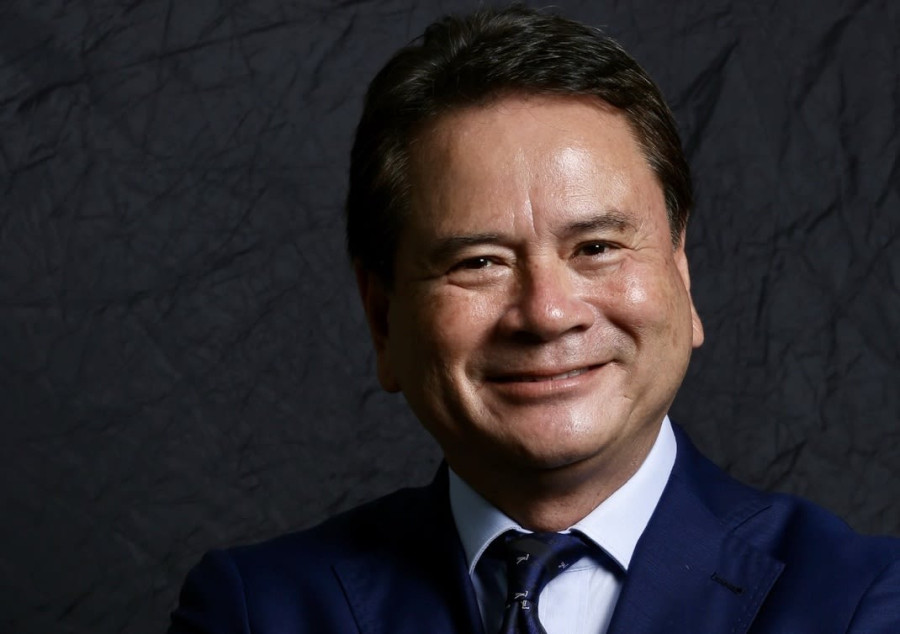

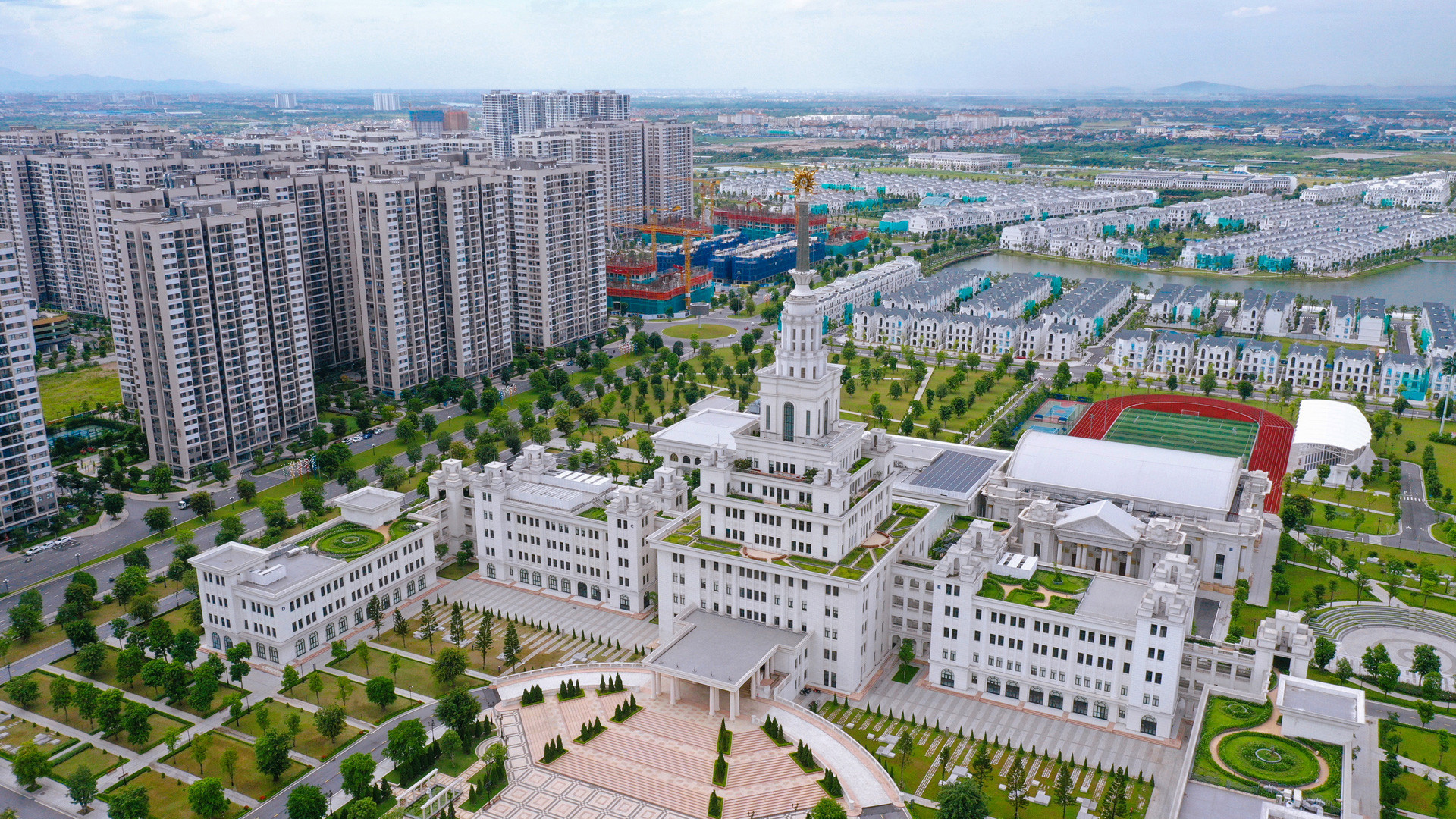
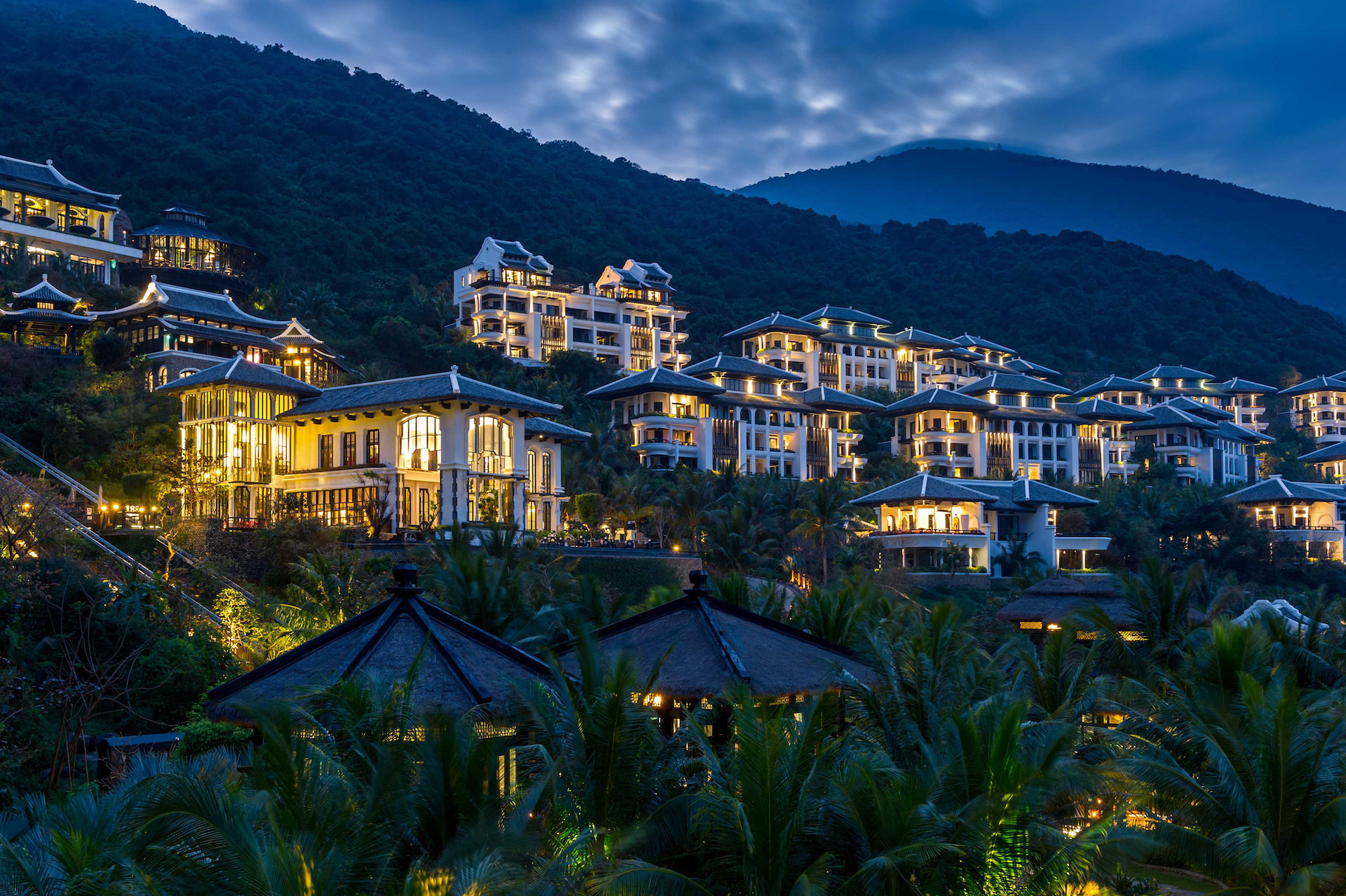



![[Photo] Visiting Cu Chi Tunnels - a heroic underground feat](https://vstatic.vietnam.vn/vietnam/resource/IMAGE/2025/4/8/06cb489403514b878768dd7262daba0b)



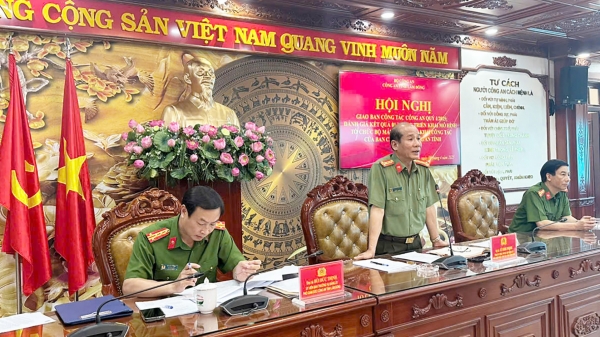


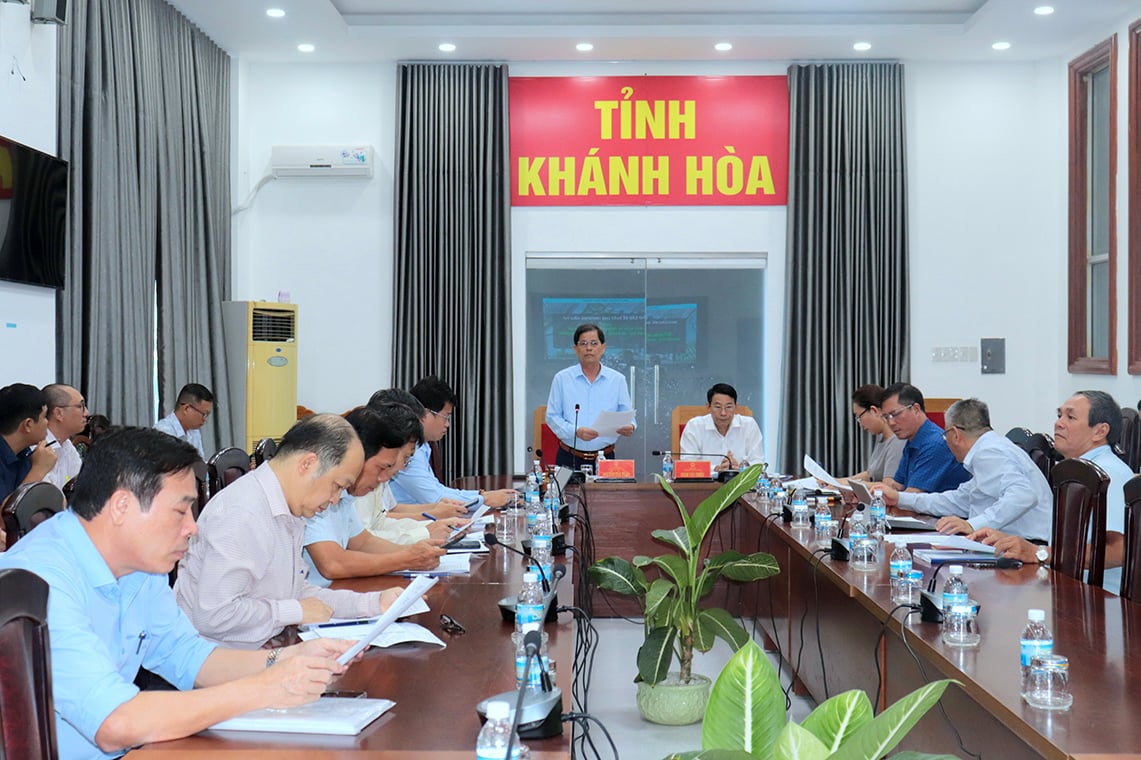
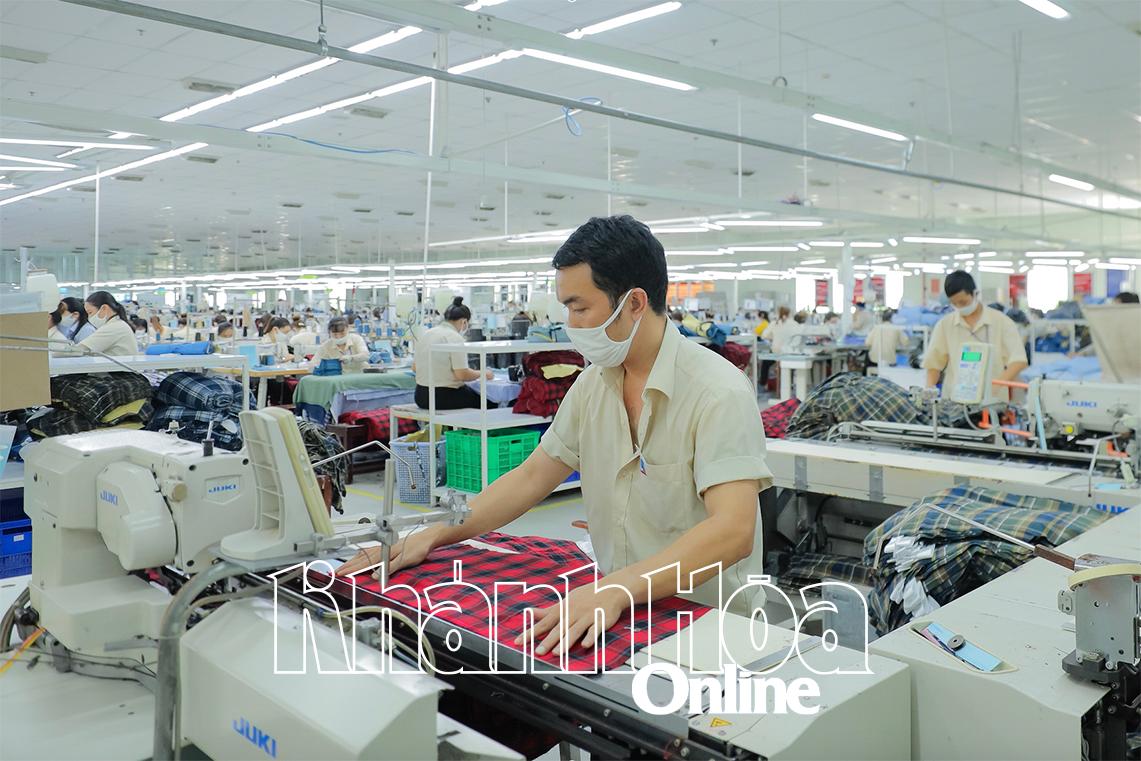
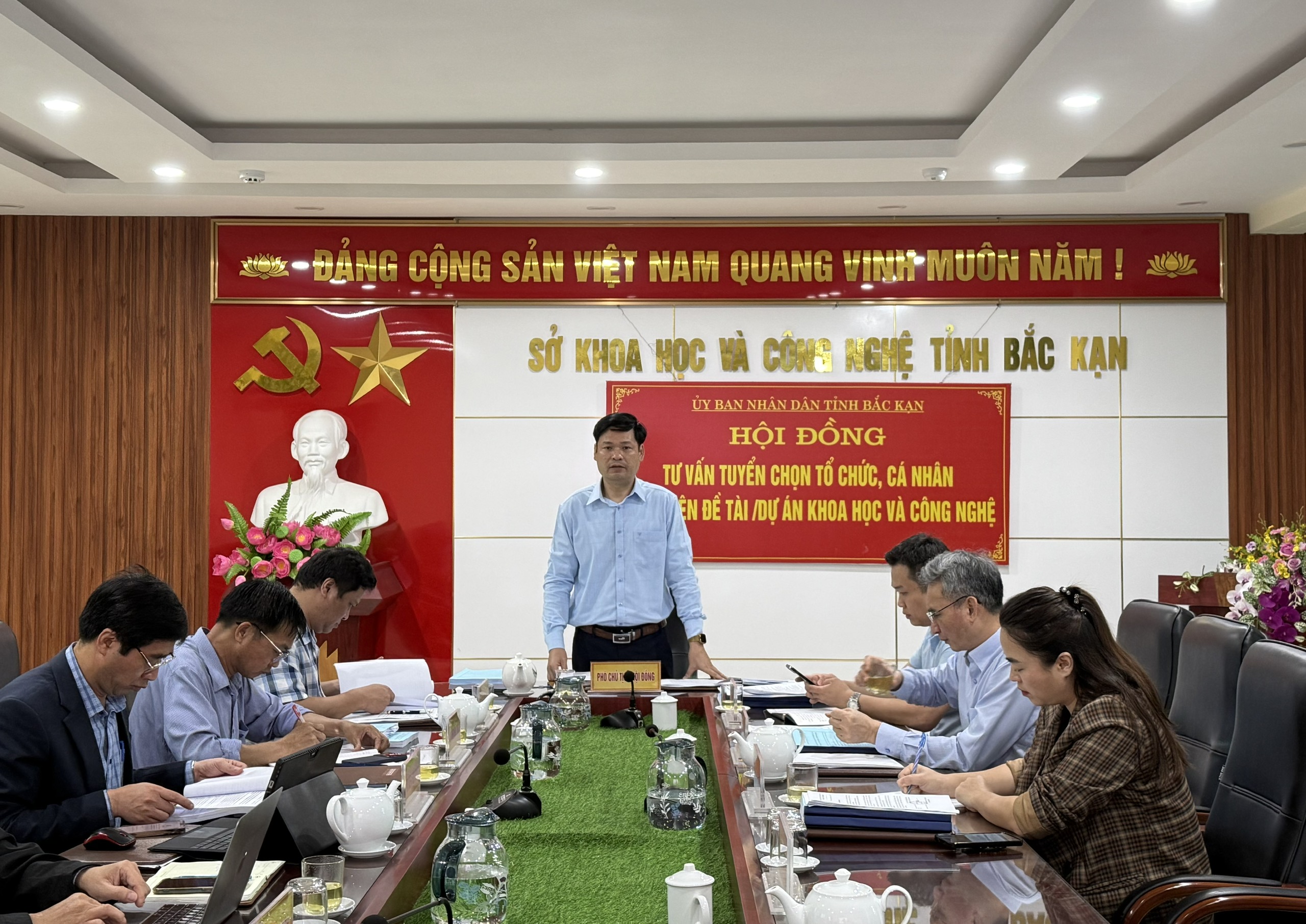

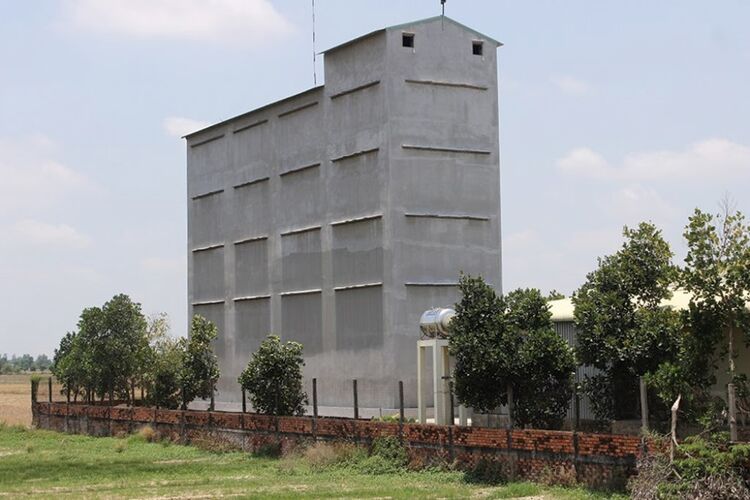

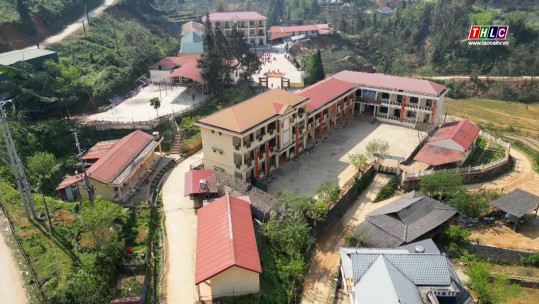
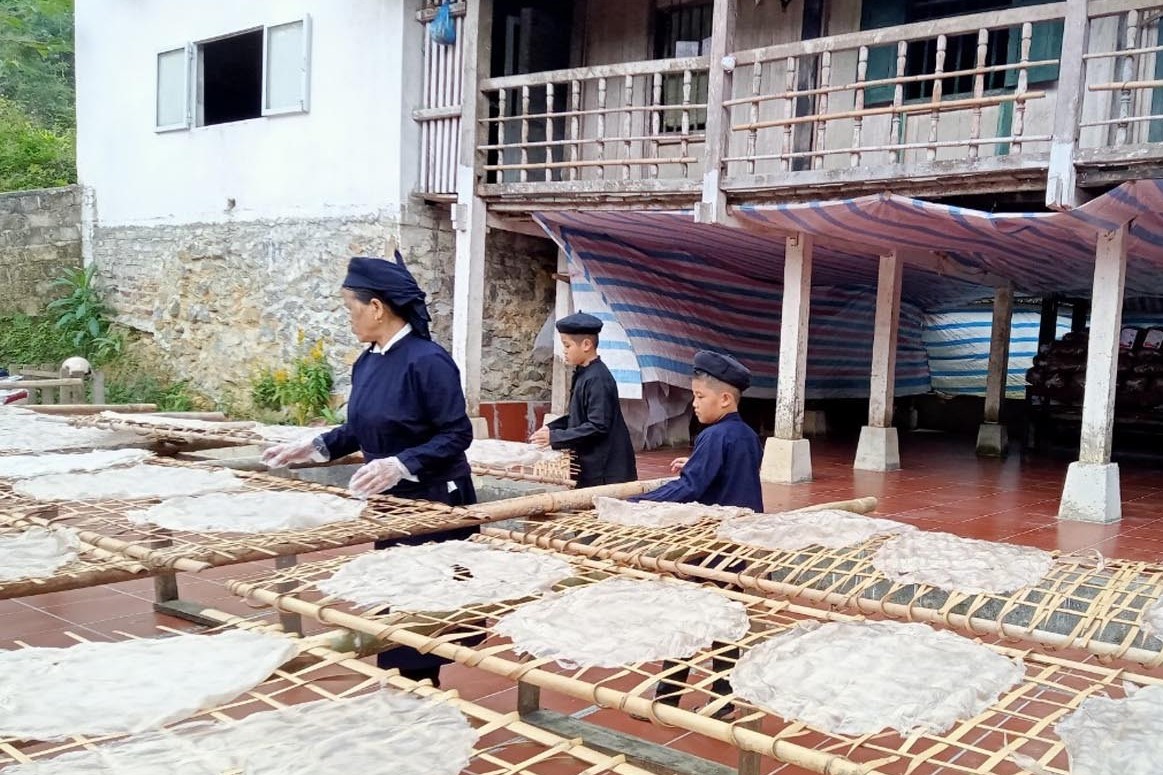



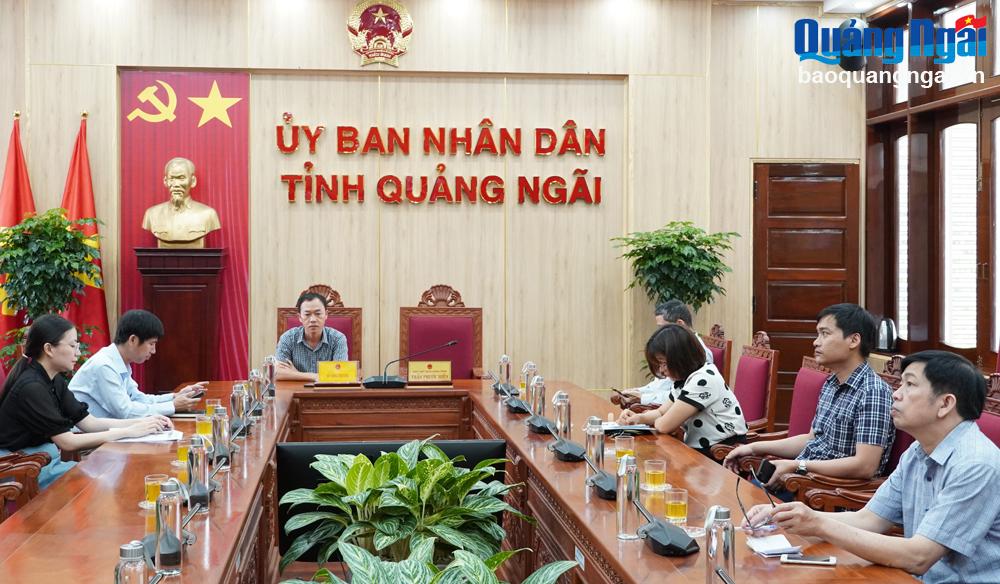















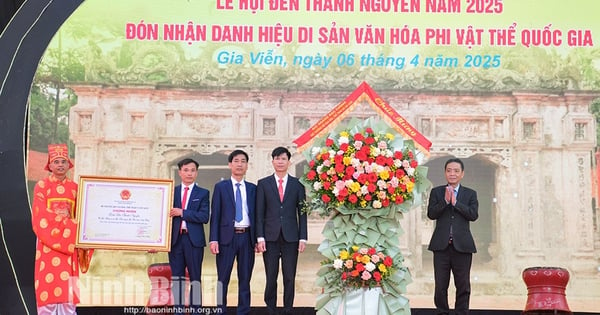








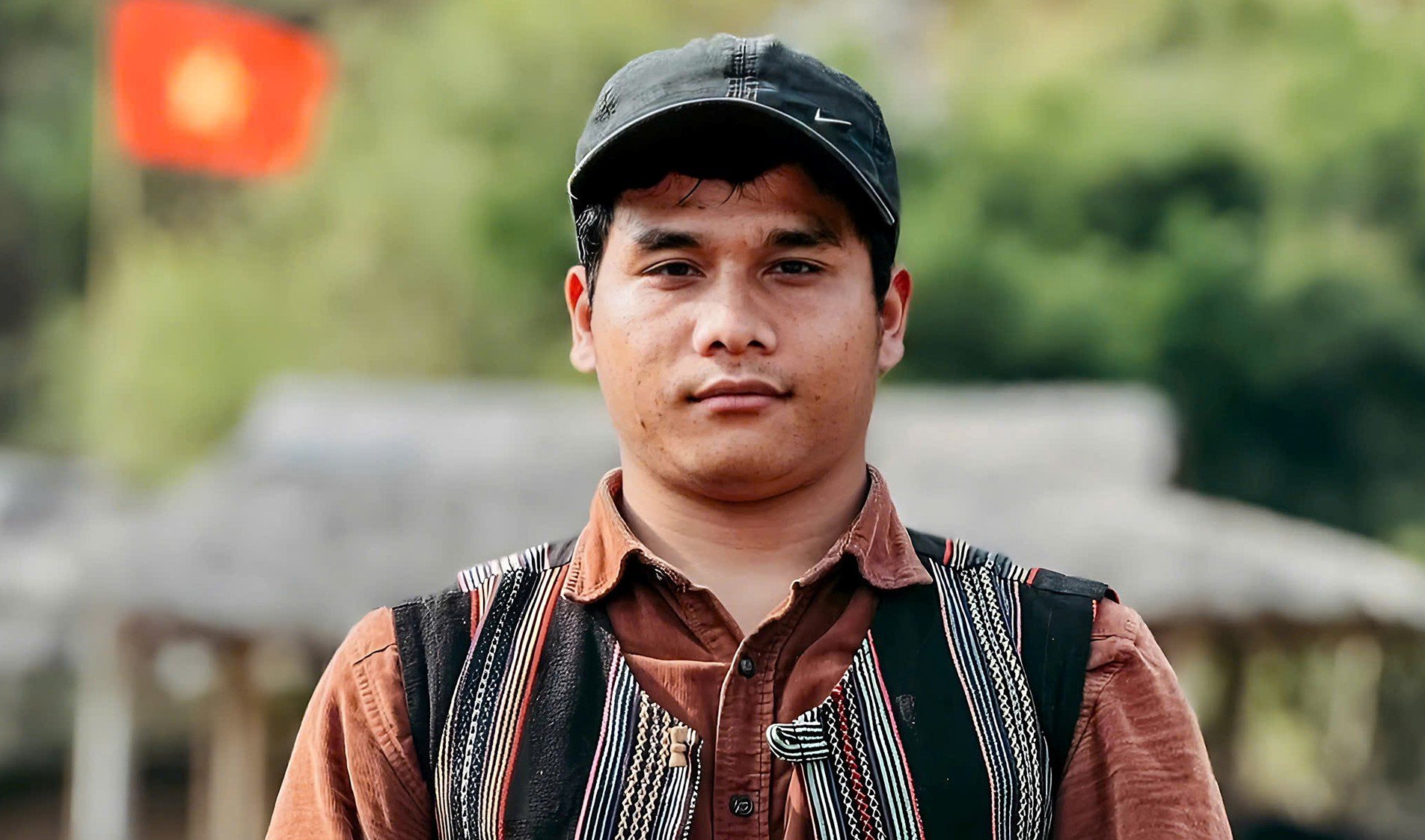

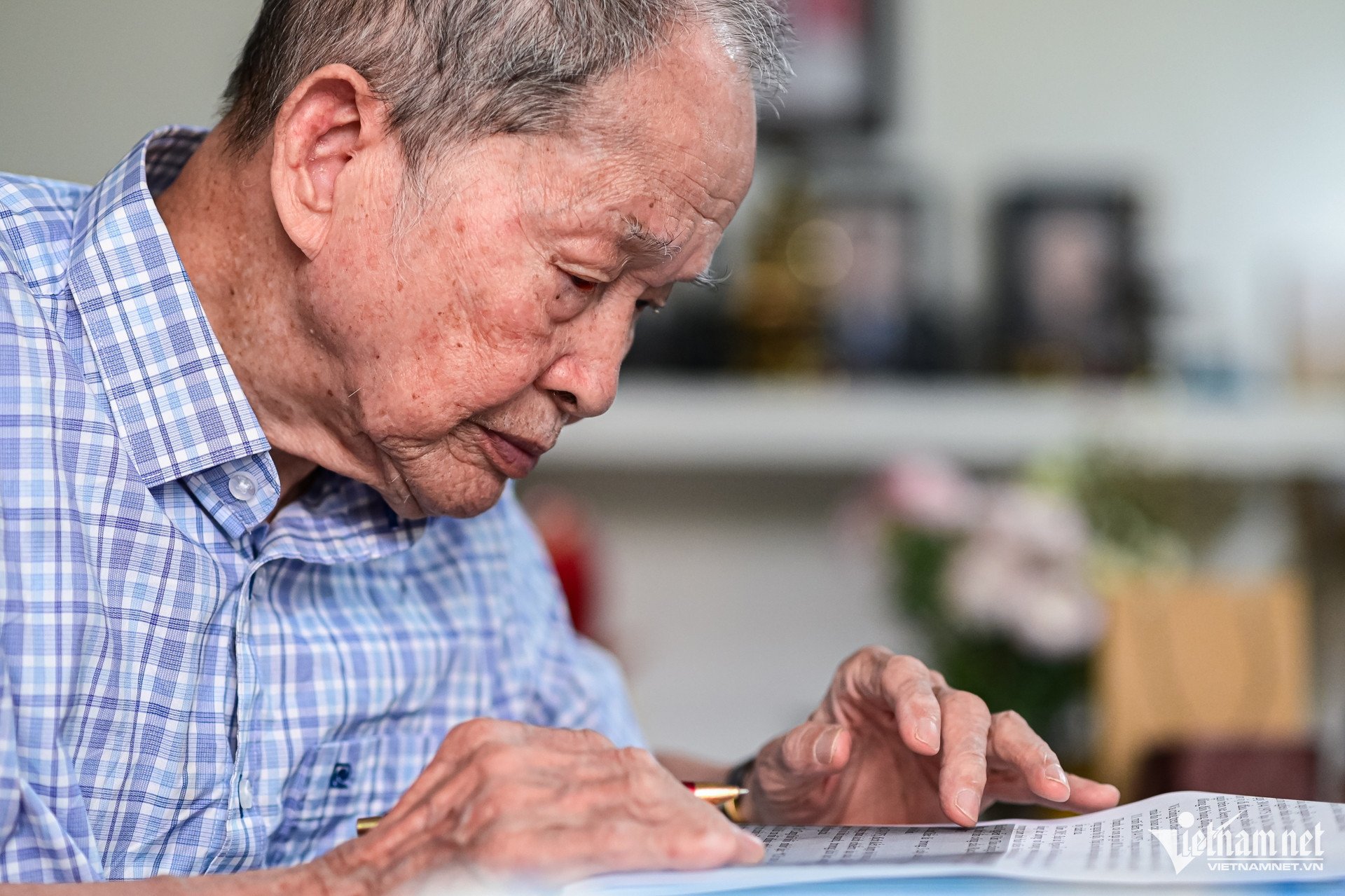








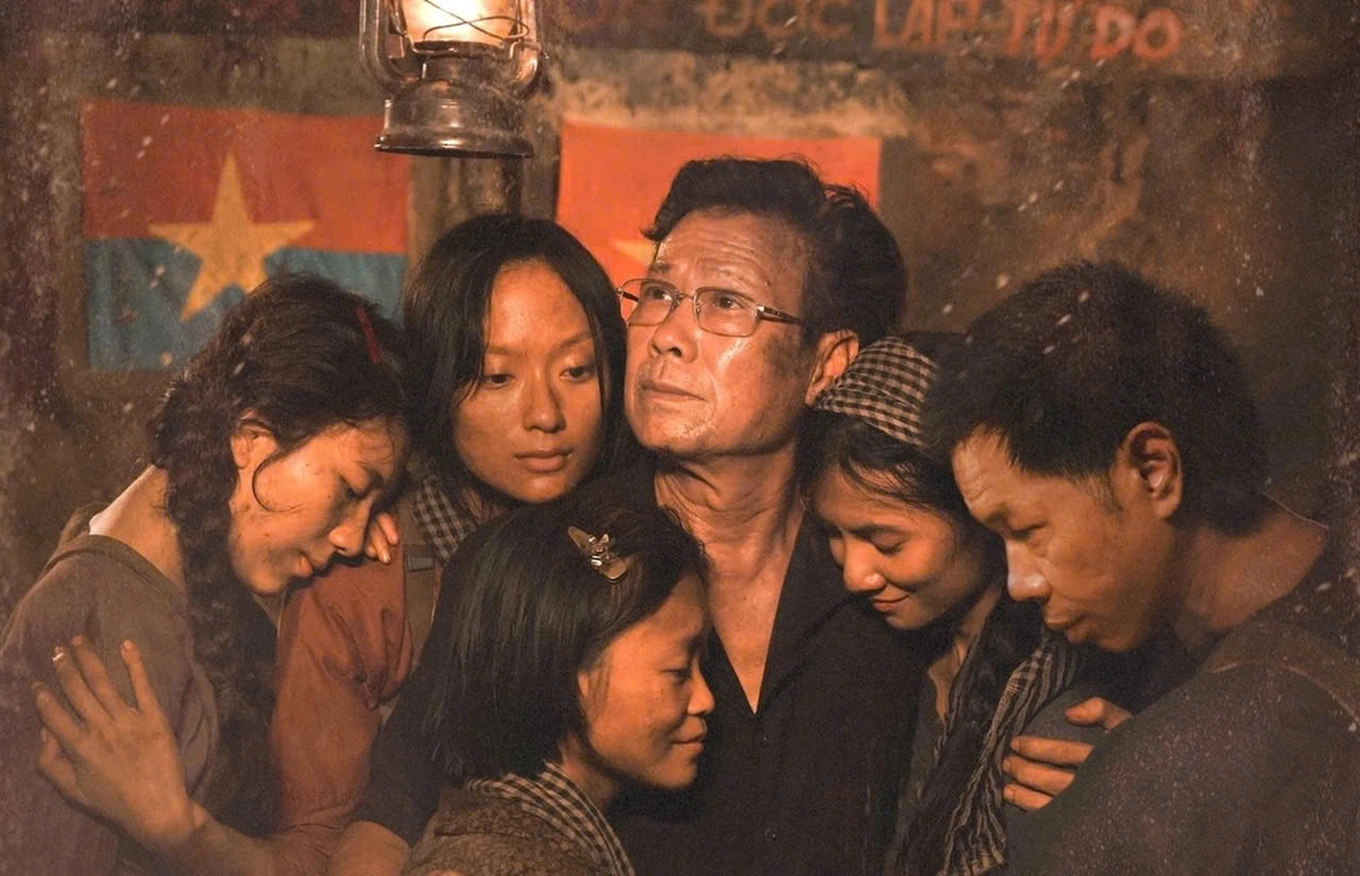

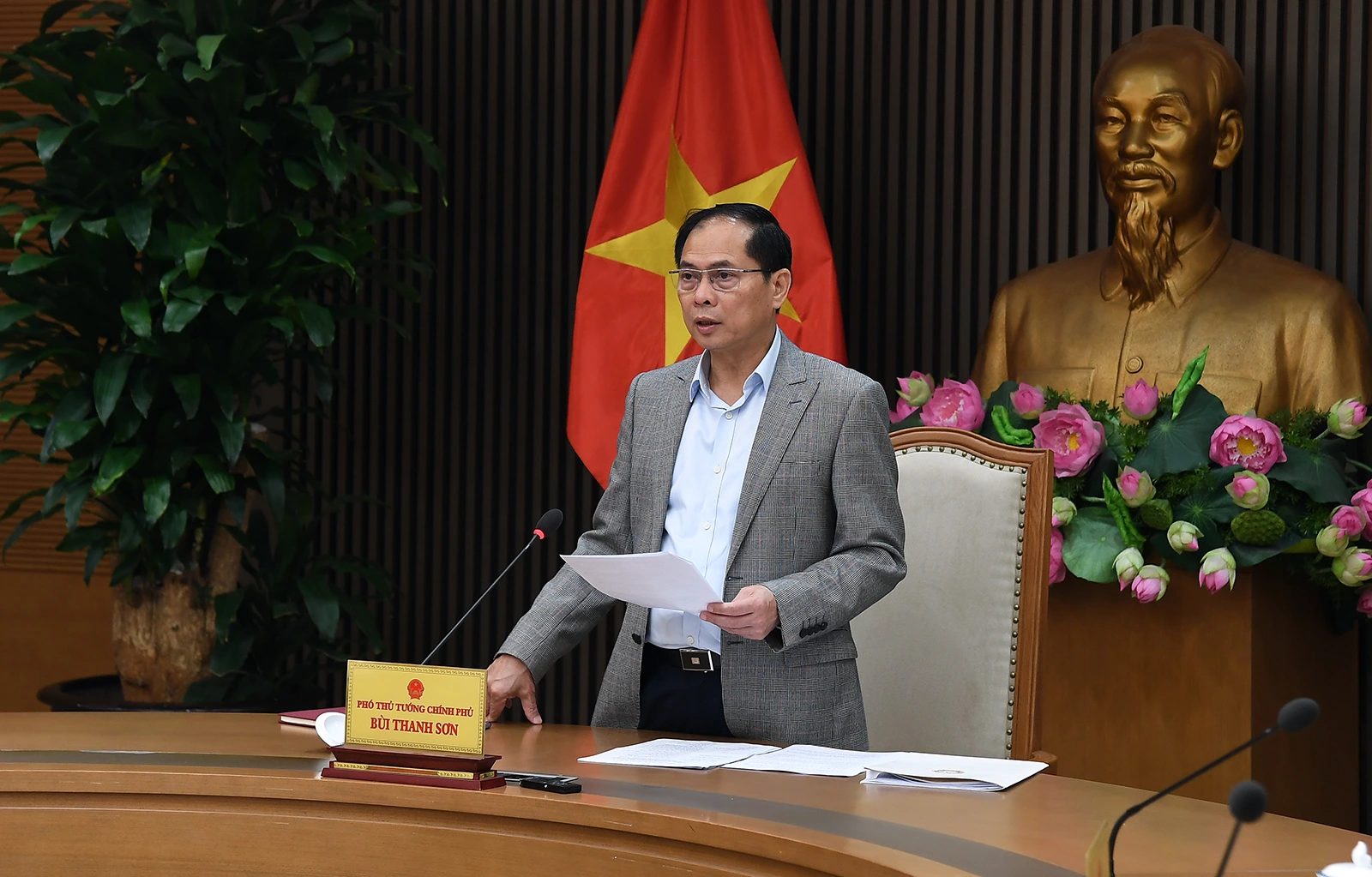















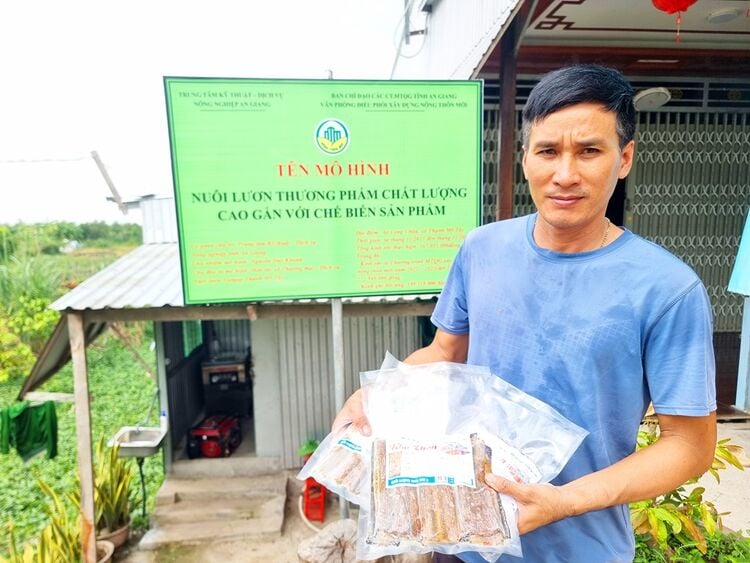



Comment (0)